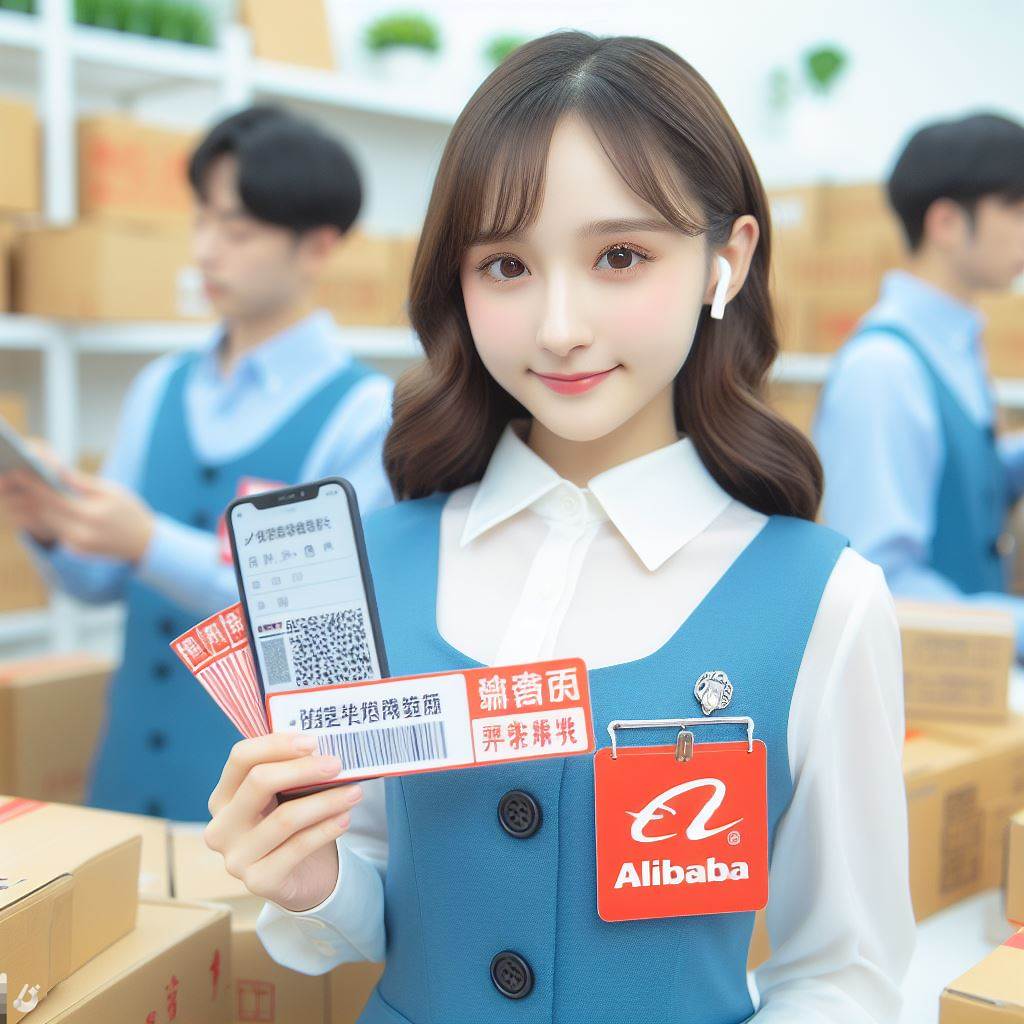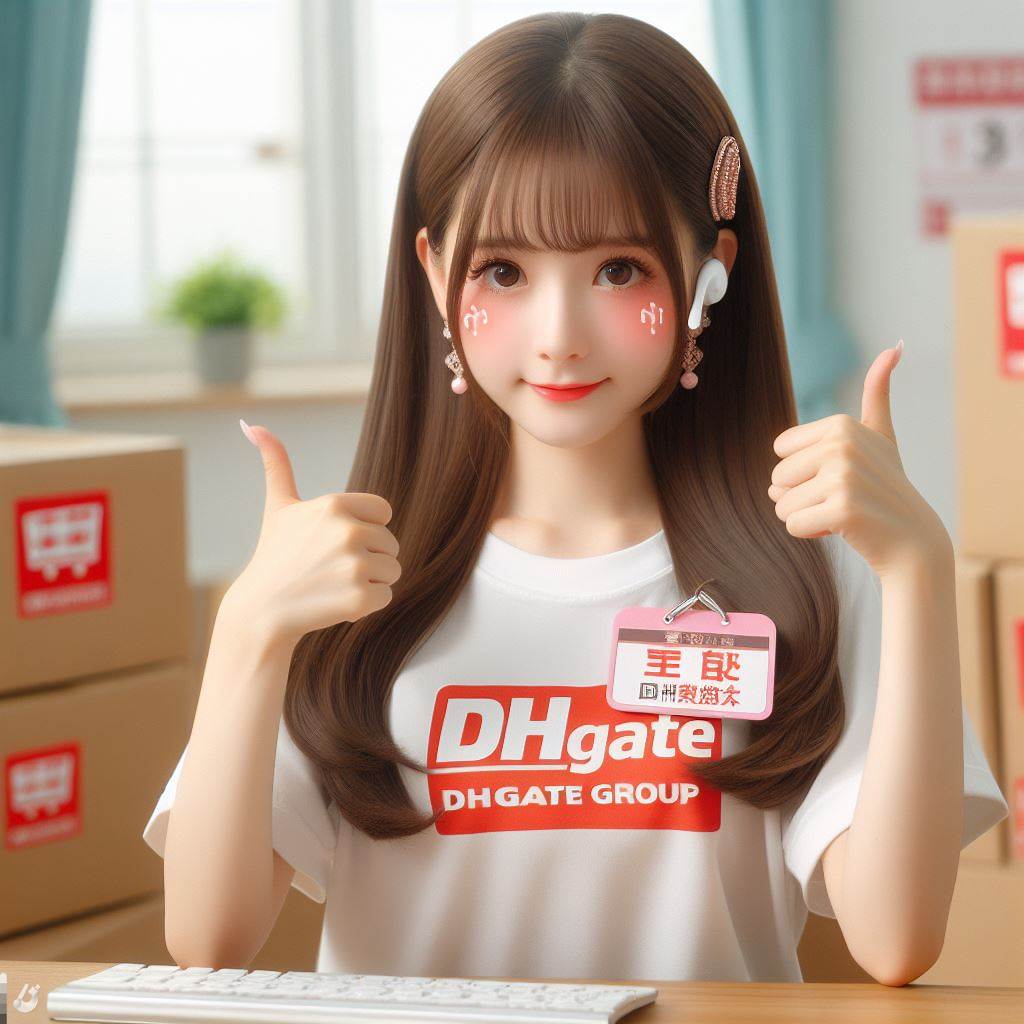
In the ever-expanding world of e-commerce, wholesale platforms play a crucial role in connecting manufacturers and suppliers with retailers. Alibaba and DHgate are two of the most prominent players in this space, offering a vast array of products to businesses around the globe. In this blog post, we’ll explore the key differences between Alibaba and DHgate to help you make an informed decision about which platform is the right fit for your wholesale needs.
Alibaba:

Alibaba Group, founded by Jack Ma, is a giant in the e-commerce industry and operates multiple platforms, with Alibaba.com being the primary wholesale marketplace. Here are some key features and aspects of Alibaba:
- Product Range and Variety:
Alibaba boasts an extensive range of products, spanning virtually every industry imaginable. Whether you’re looking for electronics, clothing, or industrial machinery, you’re likely to find it on Alibaba. - Supplier Verification and Trustworthiness:
One of Alibaba’s strengths is its emphasis on supplier verification. The platform employs a comprehensive system to verify and rate suppliers, helping buyers make informed decisions based on the trustworthiness of each seller. - MOQ (Minimum Order Quantity):
Alibaba is known for allowing manufacturers to set MOQs, which can be a challenge for small businesses or those looking to test the market with smaller quantities. - Negotiation and Customization:
Buyers on Alibaba have the opportunity to negotiate prices and customize products with suppliers. This flexibility can be advantageous for businesses with specific requirements.
DHgate:

DHgate, founded in 2004, is another major player in the wholesale e-commerce landscape. Let’s explore some key aspects of DHgate:
- Platform Focus:
While Alibaba is a comprehensive B2B platform, DHgate is more consumer-oriented, connecting buyers directly with manufacturers. It is a popular choice for smaller businesses and those looking for lower MOQs. - Simplified Buying Process:
DHgate streamlines the buying process, making it user-friendly and accessible, especially for businesses that are just starting or operating on a smaller scale. - Lower MOQs:
DHgate is known for offering lower MOQs, allowing businesses to purchase smaller quantities of products. This can be advantageous for those testing the market or operating on a tighter budget. - Buyer Protection:
DHgate provides buyer protection services, ensuring that buyers receive the products they ordered in good condition. This can be reassuring for businesses concerned about the reliability of suppliers.
Choosing the Right Platform for Your Business:
The decision between Alibaba and DHgate ultimately depends on your business’s specific needs, scale, and preferences. If you are a larger enterprise with higher MOQ requirements and a focus on B2B transactions, Alibaba might be the better fit. On the other hand, if you are a smaller business looking for more flexibility, lower MOQs, and a simplified buying process, DHgate could be the ideal choice.
It’s essential to thoroughly research and consider factors such as product range, supplier verification, MOQs, and buyer protection before making a decision. Whichever platform you choose, maintaining open communication with suppliers and building trust is key to a successful wholesale partnership.
